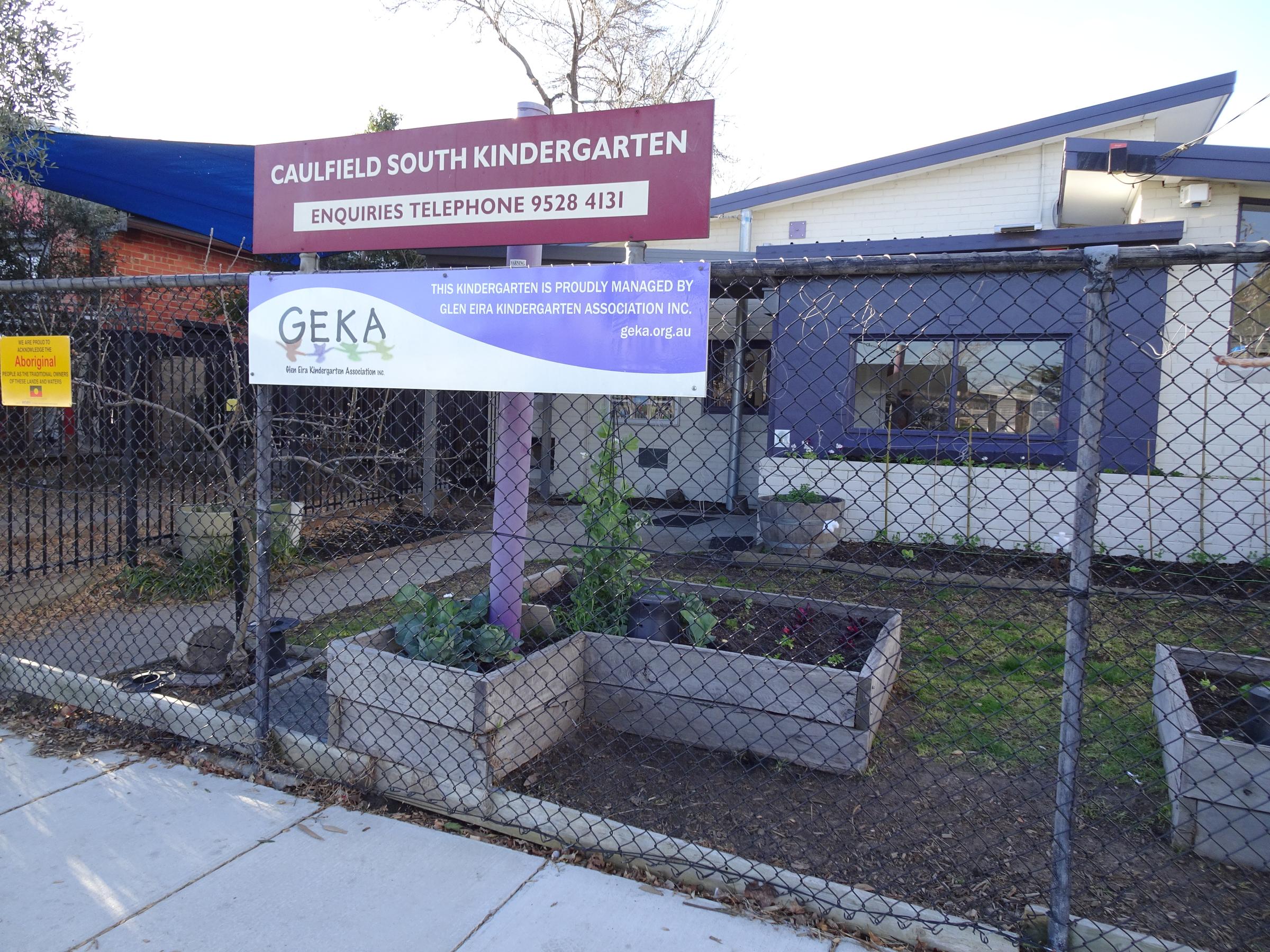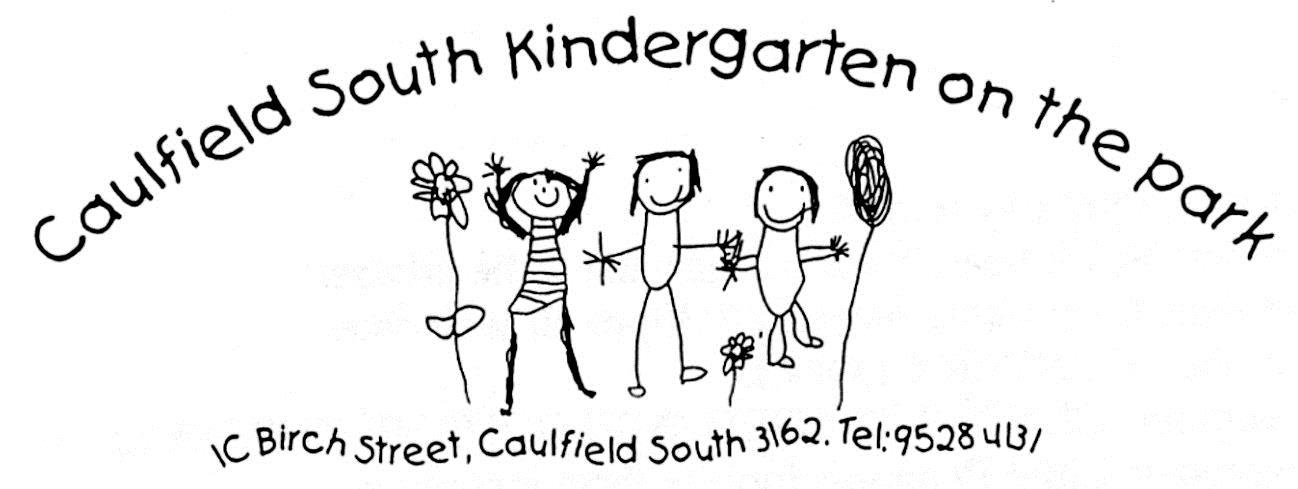GEKA Caulfield South

Learnings of the Resilience Project
Engaging The Resilience Project at GEKA Caulfield South Kindergarten this year has been a welcome addition to our curriculum. Changes that children and families are experiencing as a result of Covid over the past eighteen months has the potential to impact a child’s mental health and wellbeing. The Resilience Project has provided teachers with tools to support children as they adapt to these changes. Through the weekly intentional teaching experiences, children have strengthened their connection with themselves and with others around them. Engaging children in the process of reflection of the learning, offers children space and time to consider new understandings and develop practices they can use in their everyday lives.
Family journals have been provided to every family. Children are able to engage in these experiences at the kindergarten and in collaboration and partnership with families, further embedding these practices as ongoing tools for everyday life.
The three core principles of Empathy, Gratitude and Mindfulness that underpin The Resilience Project are aligned with the principles we value at our kindergarten. The weekly activities and reflections have enabled us to explore and practice these principles with a structured, consistent, collaborative and reflective approach.
Claire McIver - Teacher
The Resilience Project has added an extra depth to our program. As educators we have worked collaboratively with each other and the children and have achieved many inspiring outcomes. It has given practical and interesting resources for teachers to help children develop awareness and skills to develop their basic concepts of mindfulness, to be reflective, and to be more aware of their feelings.
Over the weeks, GEKA Caulfield South Kindergarten has engaged in many learning experiences encouraging the importance of Gratitude, Empathy and Mindfulness. Two examples we implemented successfully are:
(1) We placed several mats in a quiet area outside for a small group of children. The children were asked to lie down, to stop and take some time to feel the air around them, and to listen to the different noises during this time. This was an opportunity to simply listen and be aware of their bodies, their feelings and the noises at that moment in time. Documentation was taken of children’s comments and after several minutes the children were then asked to illustrate with pens and paper exactly what they heard.
(2) Each day magnetized photos of each child are placed on a white board with colour coded emotion headings. The children are asked to place their photo in the area they truly feel at that time. Discussions between child and educator ensue and this process helps educators be more aware and mindful of how each child is feeling on that day.
Discussions between staff and families about The Resilience Project are proving extremely positive and beneficial. All families are giving extremely positive feedback. Children’s comments and illustrations are then shared with other kindergartens throughout GEKA.
Grace said “I was kind to Willa after I read a book on feelings, I shared the book with her to read”.
Another child exclaimed “I feel loved”. "Why?" asked the teacher. “Because I love helping Lorraine”.
Several parents have shared positive feedback and observed their children are learning to be kind and grateful with their peers.
Lorraine Peters - Teacher
I am really enjoying The Resilience Project with the children, especially in this current situation when you can’t do certain things. It helps me to express my feelings and stay positive. I have been inspired by different activities which we do every week, especially the glitter jar. Our children loved this activity and spent quality time with their peers.
Rina
By introducing these principles to kindergarten children, we can gradually empower children to make decisions that will have an overall positive impact – to themselves and others. Children become aware of the various emotions and are more in tune with their own feelings and those of others. They learn positive gestures and kind words can make a significant impact on others. The principles are powerful tools for children to enhance their relationships with others and the community. It will provide them a good foundation before entering formal schooling.
Kim
As an early childhood educator, I felt the introduction of The Resilience Project at GEKA Caulfield South Kindergarten welcoming and rewarding. The children were receptive and enthusiastic about being ready to learn and engage in rich and meaningful ways. The activities prepared for the children gave them an understanding of gratitude, empathy and mindfulness.
The first activity introduced to the children was to recognise facial features and to begin to develop an awareness of using colour to communicate their feelings. We sat together with small groups giving the children a description of each emotion as well as the colours relating to each emotion. The majority of the children expressed they feel happy, excited or calm.
“I’m happy because I like coming to kinder”
“I feel calm when my mum hugs me"
“I feel happy when my mum buys me ice-cream”
Children have a strong sense of identity; they are open to new challenges and make new discoveries.
Liz
Family reflections
One parent commented that it was interesting to read the research around mental health in young children. It was a useful tool to practice during daily rituals such as family mealtimes.
Another parent reported that it was fantastic this mindfulness training was happening for his child in the early years as he was only introduced to it as an adult through workplace training.

